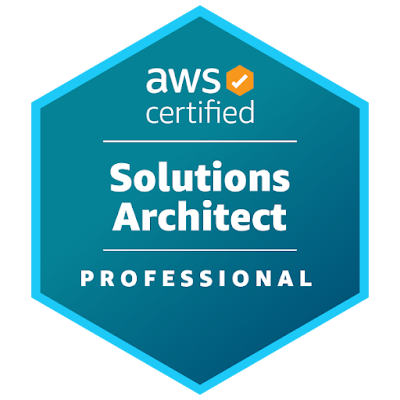Intorduction
I recently passed the AWS Certified Data Engineer – Associate exam and wanted to share my experience, hoping it might help others in the future.
Although this is an associate-level exam, it thoroughly tests your understanding of data engineering concepts and the relevant AWS services through realistic scenarios.
Preparation
I used Udemy course, AWS Certified Data Engineer Associate 2025 - Hands On! by Stephan & Frank Kane which helped me to understand the concepts in detail. It includes hands on sessions in multiple services, which you can follow along. For some services like Redshift, Glue, EMR, Kinesis I had to practically explore things on my own.
However, going through the course wasn't enough, thus I decided to go with some mock exams.
It is more about understanding the nature and application of the services. Multiple services can be used for same solution but questions checks what is best in terms of cost, operation overhead, time and efficiency.
For revision I used the slides from the same Udemy course.
Exam Day
The day of the exam started off frustrating. Due to a slow internet connection, I was unable to check in, and I feared I might have to reschedule and repay for the exam. Even after my internet speed improved, I was still not allowed to check in, leaving me completely unsure of what was going on.

I tried calling Pearson support but had no luck. I attempted to reschedule, but initially, I didn’t see that option. After 10–15 minutes, it finally appeared, and I was able to reschedule. Phew...
The exam was quite challenging, packed with tricky and confusing scenarios. I struggled to stay focused on the lengthy questions. The exam consisted of 65 questions with a total duration of 130 minutes—just 2 minutes per question. (I later realized that non-native English speakers get an additional 30 minutes, but it must be claimed before scheduling the exam.)
Some questions were straightforward, and I felt confident answering them, but the majority required a solid understanding of the relevant AWS services.
Conclusion
The exam evaluates your clarity on AWS services and their use cases. It took me approximately 3.5 weeks to prepare, including completing the course and taking mock tests. That said, my prior experience with AWS, along with having previously passed the AWS Certified Solutions Architect – Associate exam, significantly helped streamline my preparation and reduce the required study time.
Suggestion
If you're planning to take this exam, prioritize understanding how services apply in terms of time, cost, and operational overhead, as these were the key themes for me. Rather than just memorizing facts, focus on grasping real-world use cases.
References





